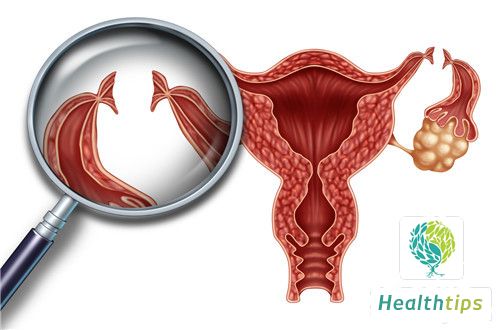What Does Mid-term Pregnancy Mean?
Mid-term pregnancy, as the name suggests, refers to the middle stage of pregnancy, specifically weeks 13 to 27+6. In clinical practice, pregnancy is divided into three stages: early pregnancy, mid-term pregnancy, and late pregnancy. Early pregnancy covers the first 12 weeks, mid-term pregnancy spans weeks 13 to 27+6, and late pregnancy begins after week 28.

Therefore, mid-term pregnancy, lasting from weeks 13 to 27+6, is a significant phase for fetal growth and development. During this stage, both the mother and fetus require a significant amount of energy to support their bodies. Pregnant women should increase their intake of various foods to ensure adequate nutrition. However, it is crucial not to overeat, as this can lead to various pregnancy-related complications that can harm both the mother and the fetus. Moderation is key.
Pregnant women are also advised to avoid living in newly renovated homes due to the high levels of formaldehyde, which can have teratogenic effects on the fetus. It is a common misconception that a new house is safe to move into once the odor has dissipated. However, formaldehyde is an odorless and colorless gas that can pose a health risk if its concentration in the air exceeds a certain level. Therefore, newly renovated homes should be ventilated for at least three months before occupancy. Pregnant women should also conduct an indoor air quality test before moving in to ensure it is safe.



















